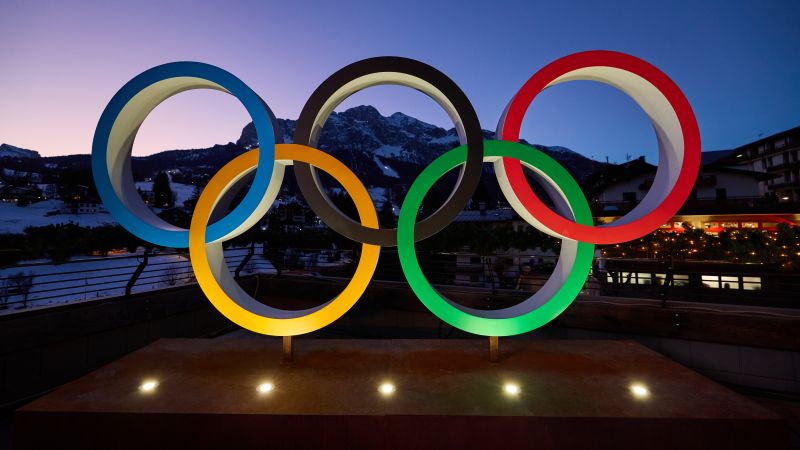Transgender Athletes Banned? Shocking Update from the US Olympic Committee!

Can you believe it? The US Olympic and Paralympic Committee has taken a bold step that has everyone talking, pledging to ban transgender women athletes from competing in the women’s category of sports. This shocking decision aligns with a controversial executive order from the Trump administration that stirs up a whirlwind of emotions and debates about fairness in athletics.
Originally issued in February, Trump’s executive order titled “Keeping Men Out of Women’s Sports” has now influenced the USOPC’s policies in a significant way. According to reports from the New York Times, the newly updated athlete safety policy lacks the explicit mention of the word “transgender” throughout its 27 pages. However, it’s clear that the implications of this order are felt deeply within the organization’s language and policies.
The policy now includes a vague paragraph that references Trump’s order, stating, “The USOPC is committed to protecting opportunities for athletes participating in sport.” This indicates a shift in how the organization views athlete safety and competition fairness, reflecting broader national conversations about gender in sports.
In a letter shared with CNN from USOPC CEO Sarah Hirshland and president Gene Sykes, they mention they have engaged in “respectful and constructive” discussions with federal officials regarding these changes. They emphasized their obligation as a federally chartered organization to comply with federal expectations, reinforcing that the safety and fairness of female athletes are now at the forefront of their mission.
However, this decision has sparked a significant backlash and raises questions about the future of inclusivity in sports. The updated transgender athlete policy webpage now states, “As of July 21, 2025, please refer to the USOPC athlete safety policy,” suggesting a permanent alteration in the landscape of competitive sports.
Previously, the USOPC had advocated for a science-based approach in determining eligibility for transgender athletes, emphasizing the importance of data over ideology. But as the organization shifts gears following the executive order, many are left wondering how this will affect the rights and opportunities of transgender athletes moving forward. Will this lead to a fair playing field, or does it create more division in the world of sports?
























